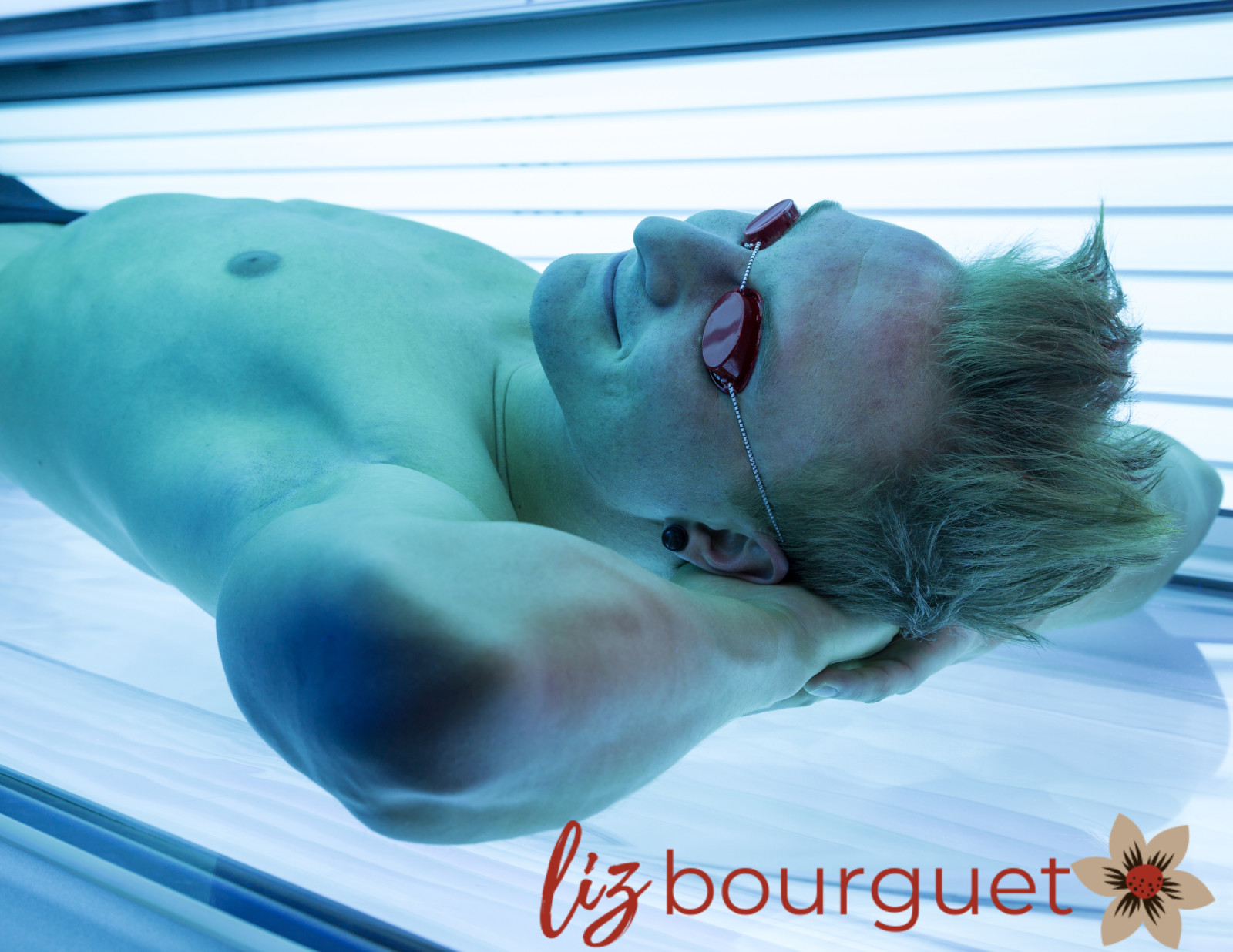
Recently, I had a frustrating experience at my local tanning salon that compelled me to write this blog. Each time I go in for a session, the staff persistently push their indoor tanning lotion, despite my repeated explanations that I avoid products with harmful chemicals. What really concerned me was when an employee claimed that UV lights are damaging to the skin unless I use their lotion. This is simply false.
More importantly, these lotions contain hormone-disrupting chemicals that can negatively impact women's health—something that is rarely discussed but has serious consequences.
The Hidden Dangers: Xenoestrogens in Indoor Tanning Lotions
Most indoor tanning lotions are filled with synthetic fragrances, parabens, phthalates, and other endocrine-disrupting chemicals known as xenoestrogens. These substances mimic estrogen in the body, throwing off our natural hormonal balance.
Dr. Joseph Mercola has extensively covered the dangers of xenoestrogens and how they contribute to estrogen dominance, a condition where estrogen levels are too high relative to progesterone. This imbalance is linked to PMS, irregular cycles, weight gain, mood swings, infertility, and even estrogen-related cancers.
Most women today have very low progesterone levels due to the overwhelming exposure to fake estrogens in our environment. From plastics and pesticides to skincare products and cosmetics, we are bombarded with these hormone disruptors daily. Using conventional indoor tanning lotions only adds to this toxic burden.
Vitamin D: The Master Hormone for Hormonal Balance
What these tanning salons won’t tell you is that UV light exposure, when used responsibly, is actually one of the most powerful ways to support hormonal balance—especially through its role in vitamin D production. Vitamin D isn’t just a vitamin; it’s a master hormone that regulates hundreds of processes in the body, including:
- Balancing estrogen and progesterone levels
- Supporting thyroid function
- Reducing inflammation
- Enhancing fertility and reproductive health
According to research published by the National Institutes of Health (NIH), adequate vitamin D levels help regulate sex hormones and reduce estrogen dominance. Low vitamin D has been linked to PCOS, infertility, irregular cycles, and mood disorders like anxiety and depression.
Dr. Mercola has emphasized that getting vitamin D from UVB exposure is far superior to taking supplements because the body naturally regulates how much it needs.
Ditch the Chemical-Laden Lotions—Support Your Skin Naturally
Instead of slathering on hormone-disrupting lotions, nourish your skin and hormones naturally:
- Pure aloe vera gel for hydration
- Organic coconut oil or shea butter for moisturizing
- Mineral-rich hydration (like filtered water with trace minerals) to support skin from the inside out
- Antioxidant-rich foods (like berries, greens, and healthy fats) to combat oxidative stress
The real risk isn’t moderate UV exposure—it’s the toxic products we are being sold under the guise of “protection.”
Question the Narrative & Protect Your Hormonal Health
My experience at the tanning salon is just another example of how businesses push unnecessary, and sometimes harmful, products for profit. The idea that UV light is dangerous unless you buy their lotion is a marketing tactic, not science.
Next time you're at a tanning salon, ask yourself: Is this product truly protecting my skin, or is it harming my health?
Your hormones matter. Your health matters. Choose wisely.
References:
- Mercola, J. (Various Articles on Vitamin D and Endocrine Disruptors). Retrieved from www.mercola.com
- National Institutes of Health (NIH) - Research on Vitamin D and Hormonal Health
- Environmental Working Group (EWG) - Reports on Endocrine Disruptors in Skincare Products
Have you experienced pressure to buy chemical-laden lotions? Have you noticed benefits from UV exposure and vitamin D? Share your thoughts in the comments below!


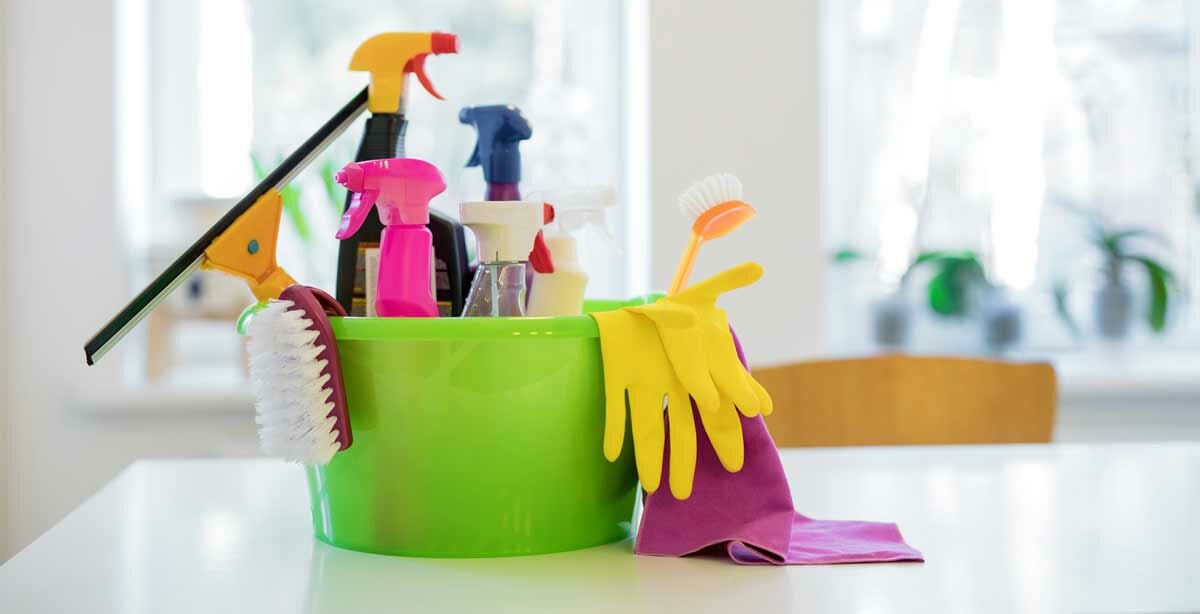
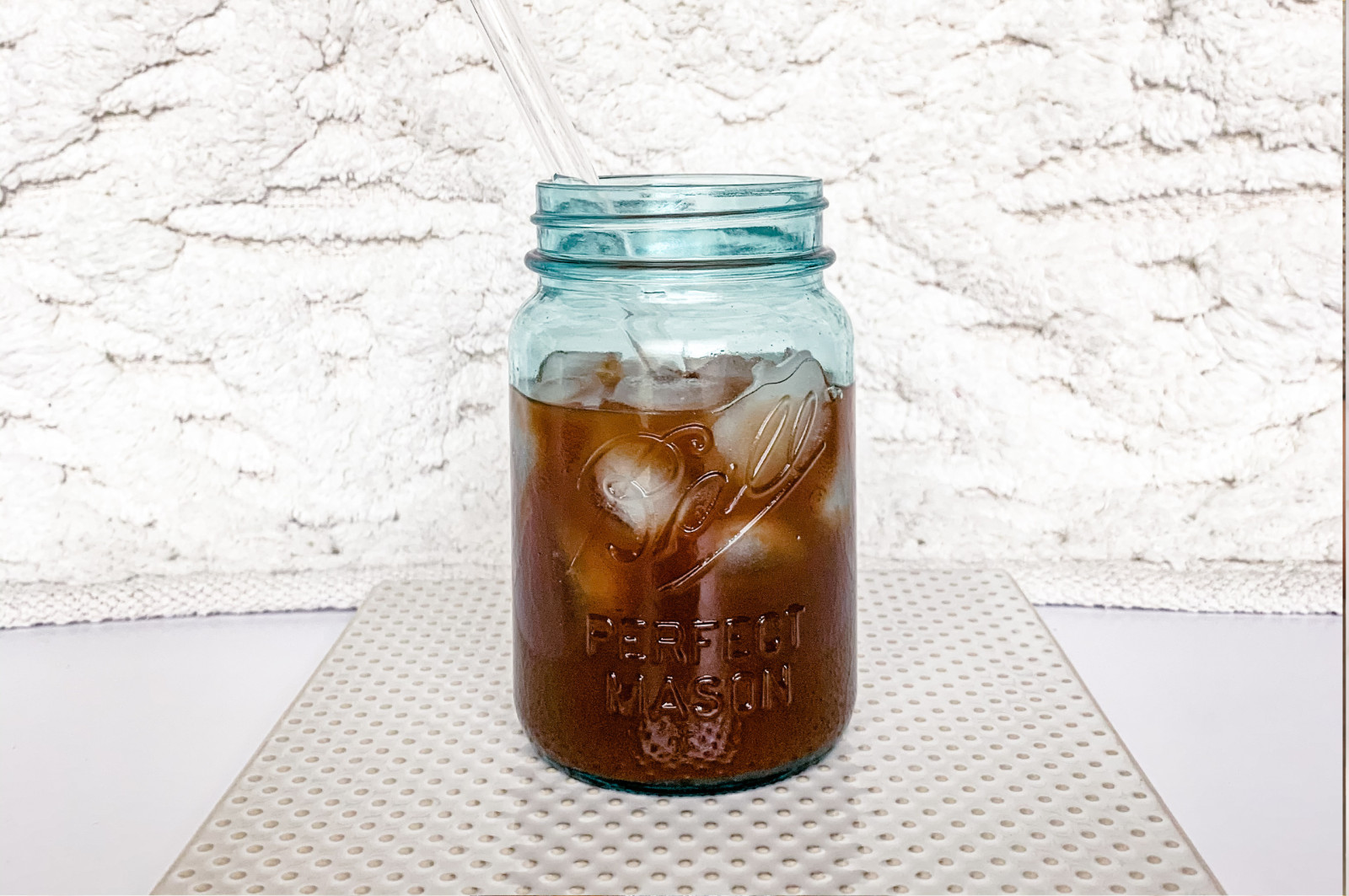

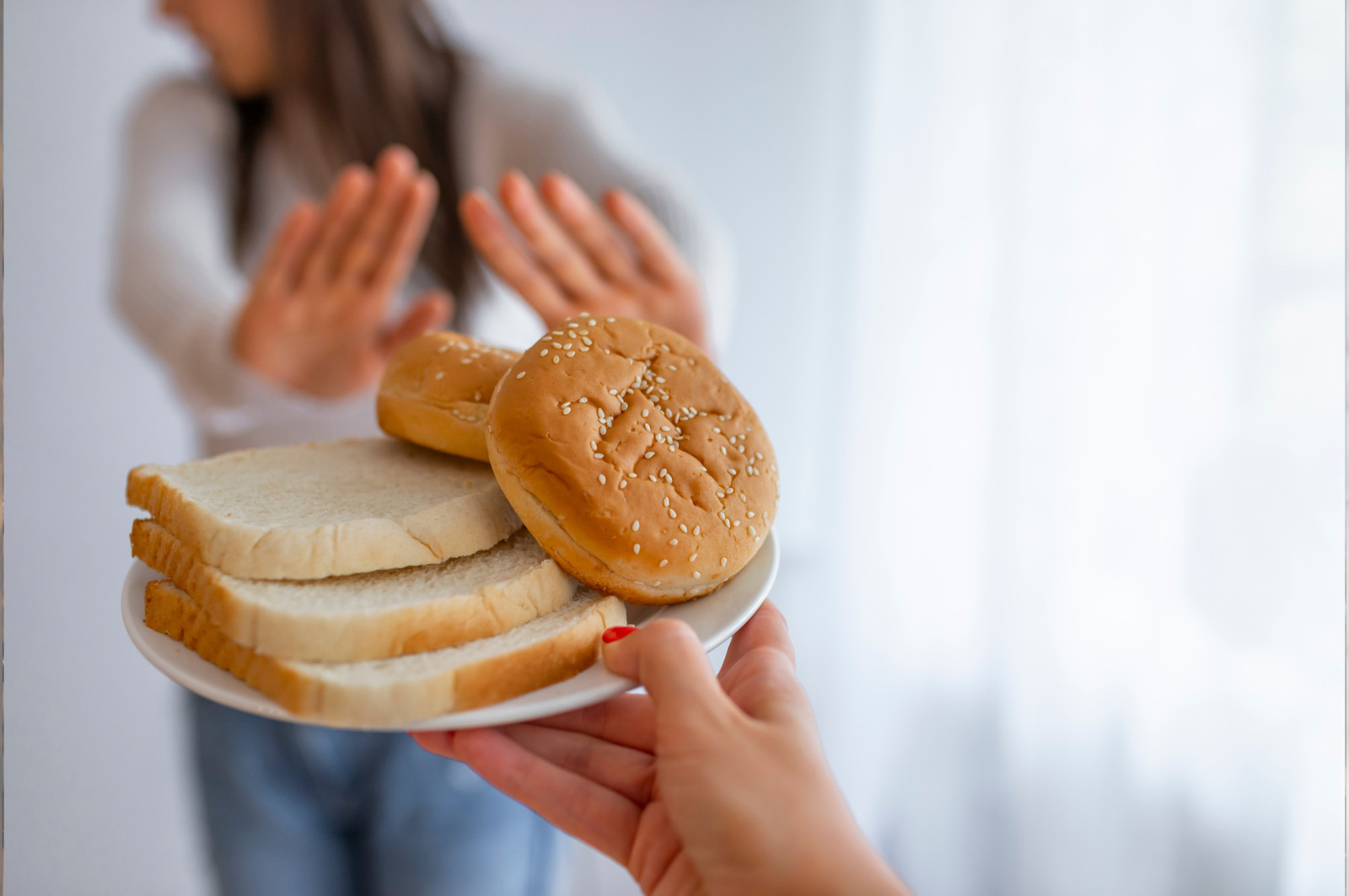
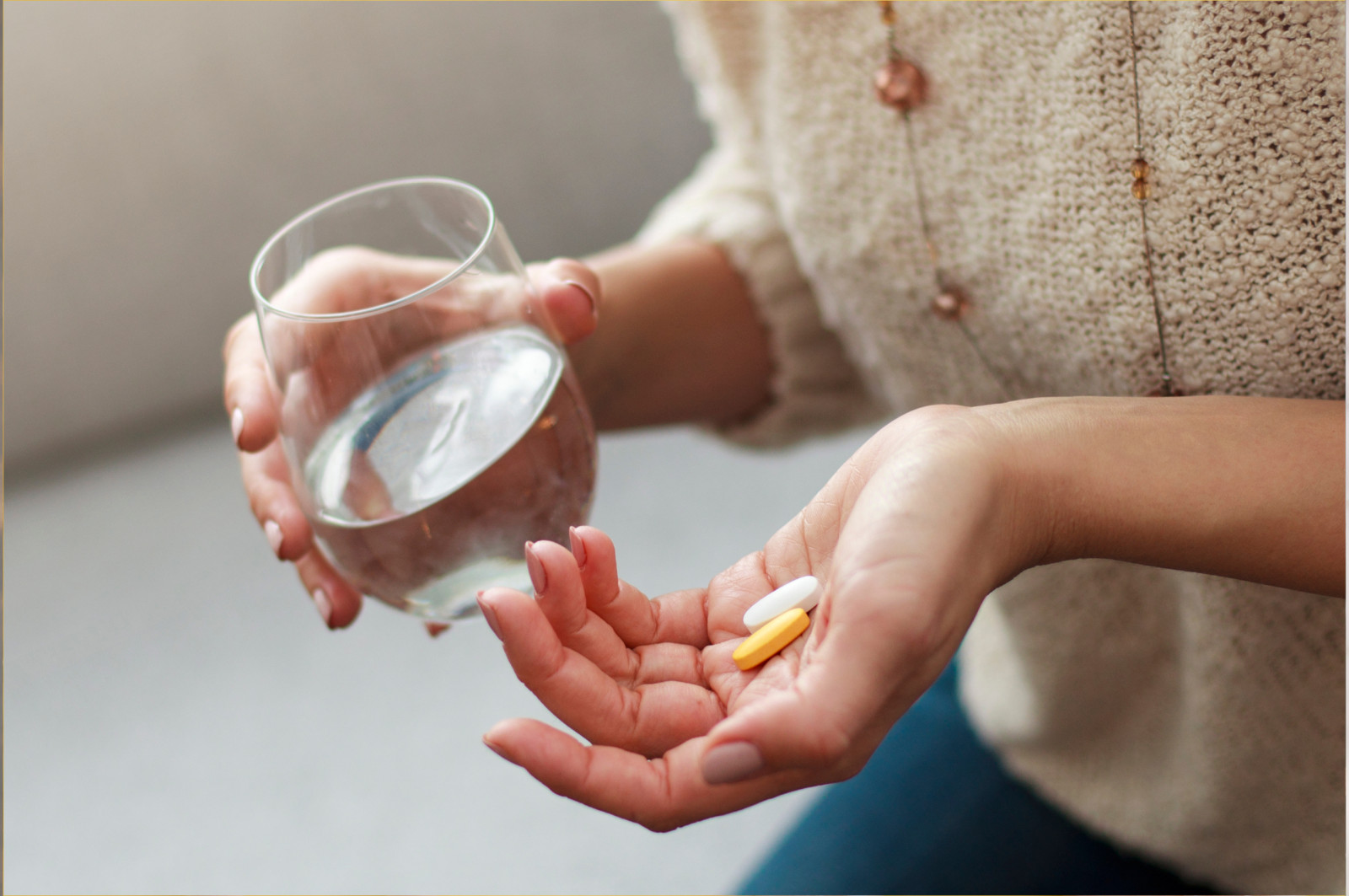

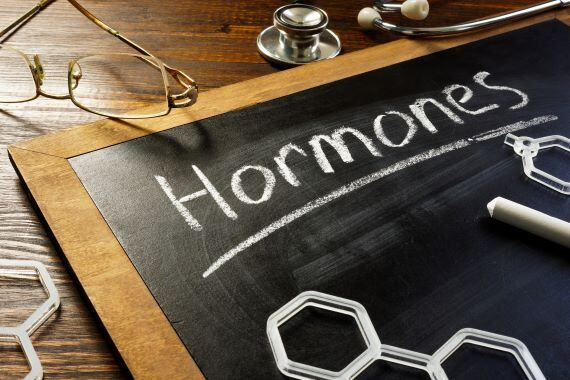
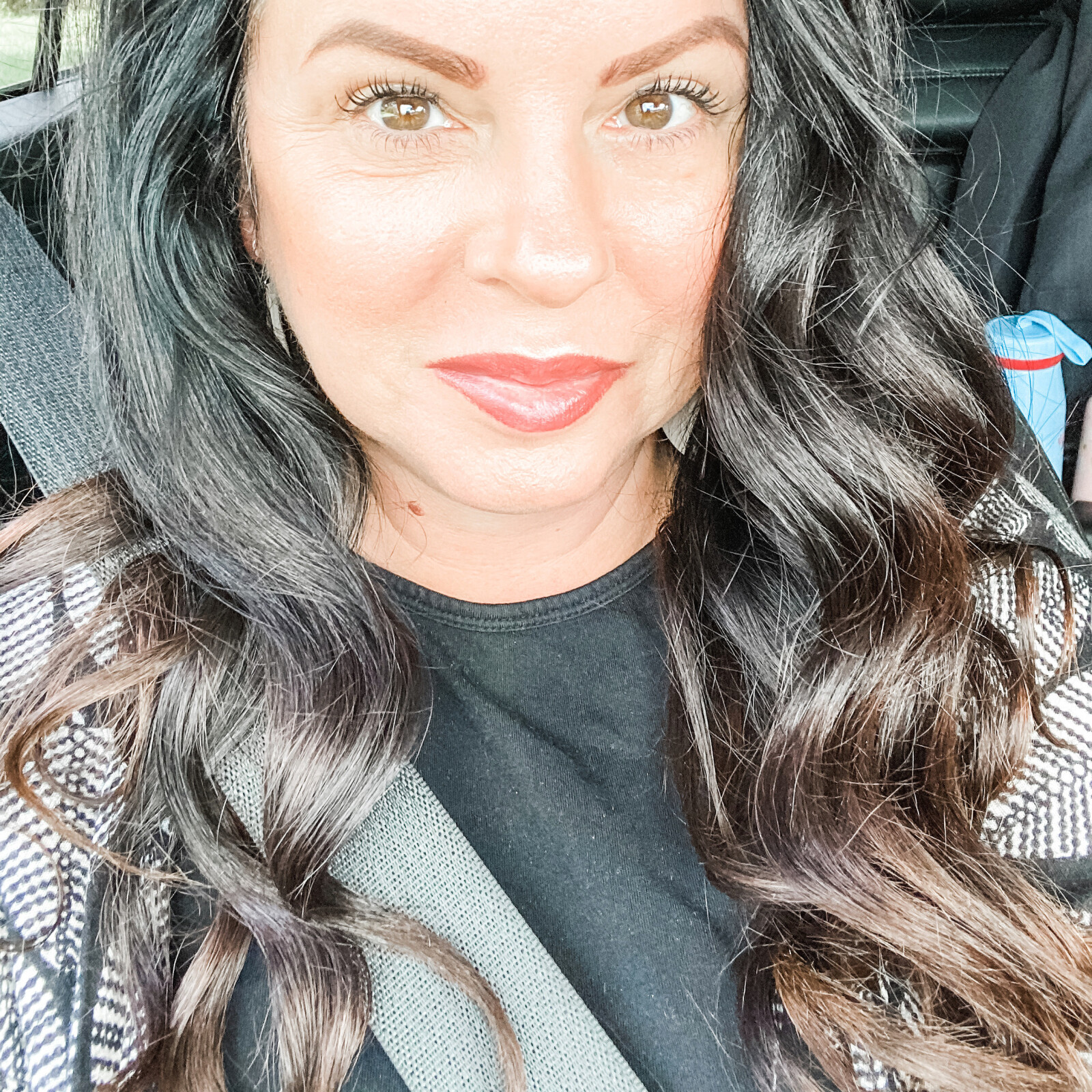

0 Comments